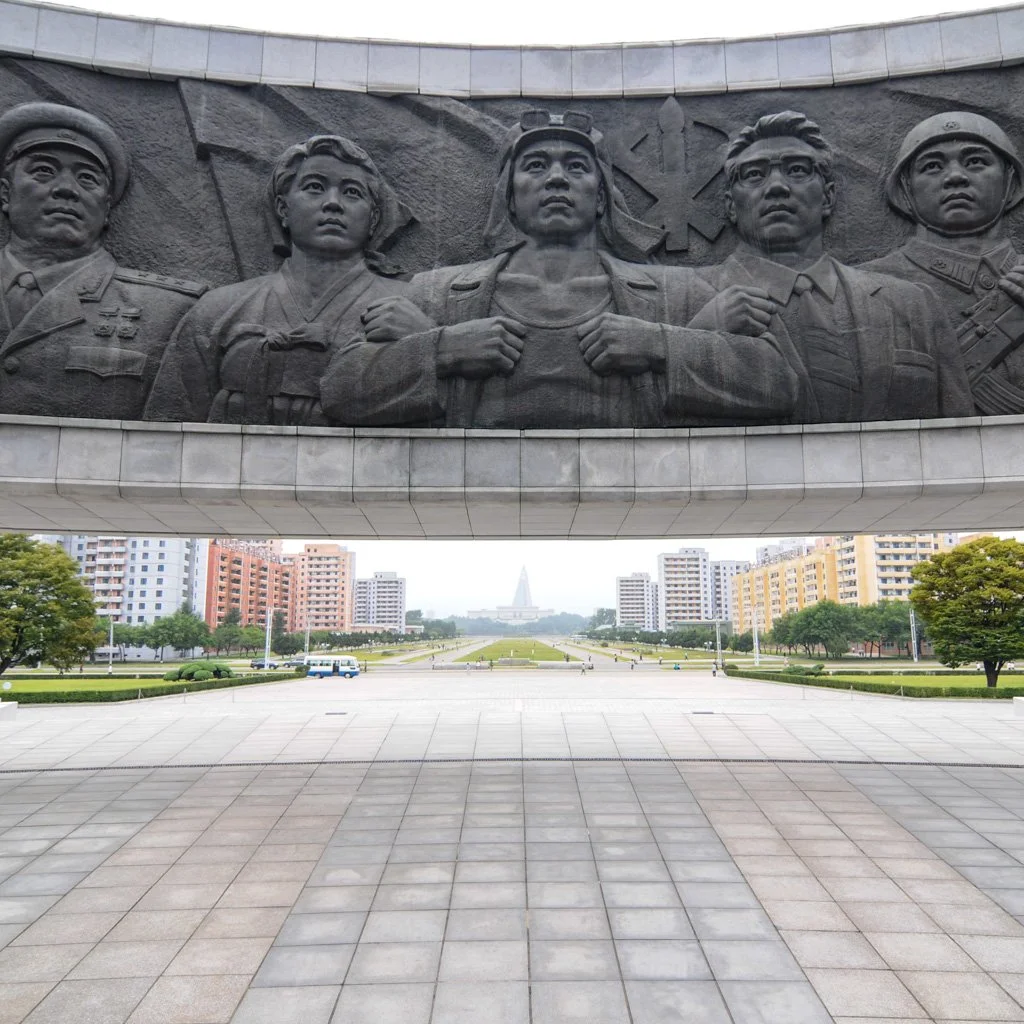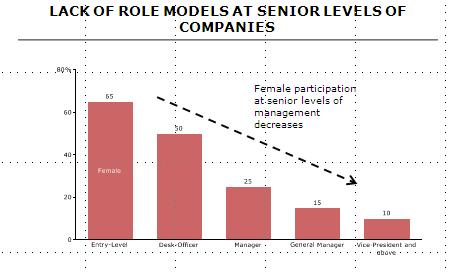Early last week, the Rason City Administration announced that their inaugural Rason International Trade Exhibition of 2011 was going to have a second incarnation this summer. The invitation has been helpfully uploaded on NKeconwatch. As with the video presentations last year, materials for the trade fair seem to be primarily in English, with Chinese as a distant second. This is indicative of a long term goal to have this trade fair (and Rason more generally) develop as something greater than just a two nation affair. Interestingly, The Rason Exhibition Corporation, founded specifically to organize the trade fair, only has advertised offices in two foreign countries: China and in Singapore.
Meanwhile, Kim Yong Nam was on a trip to Indonesia, via Singapore. Kim had with him Ri Kwang Gun, chairman of the Joint Venture and Investment Commission and An Jong Su, minister of Light Industry. The Singapore portion was brief, but the Indonesia portion was largely focused on economic issues.
From the Jakarta Post, largely quoting Foreign Minister Marty Natalegawa:
“There was indeed sharpened focus on economy and trade during the meeting. Not only about investment itself, but there was also interest [on the part of] North Korea that Indonesia could share how to regulate or manage foreign investment in the country. We noted that North Korea’s attention was quite high on the topics related to economic development and investment,” Marty announced at the State Palace after the meeting.
“Talks on this issue were also raised during the meetings of North Korea’s ministerial-level officials with the Indonesian government before President Kim’s visit today,” the minister added.
There were, however, no concrete business agreements made.
Minister Marty described the discussions on investment as at the "exploration level". North Korea is no doubt keen to reestablish what was once a close relationship with Indonesia in the hope of striking large investment deals down the road. Indonesia, by the way, is sometimes lauded as an example of a "Reformist Autocracy" that has managed to avoid a resource curse.
Friday saw the Rodong Sinmun carry a story called "DPRK Official Outlines Investment Environment". Kim Il Sun, who is a section head of the JVIC gave a speech at the Koryo Hotel. Among other things, he said that to "keep apace with the developing world economy which is characterized by cooperation and exchange, the DPRK government has been paying due attention to the expansion of external economic cooperation based on the constant development of the foundations of the self-reliant socialist economy and making active efforts to create favorable environment for investment."
JVIC is the main organ though which FDI is regulated and managed. It is also involved in overseeing the Rason SEZ.
Kim also touted underground resources, saying "rich natural resources serve as a strong foundation that guarantees the development of the self-reliant economy."
We will be most interested to see if the Rason trade fair expands, if Indonesia and the DPRK strike and large deals in the coming months and if expanded trade and self-reliance are compatible. One thing is clear: JVIC seems increasingly in the news, taking a more visible role for both North Koreans and foreigners.





